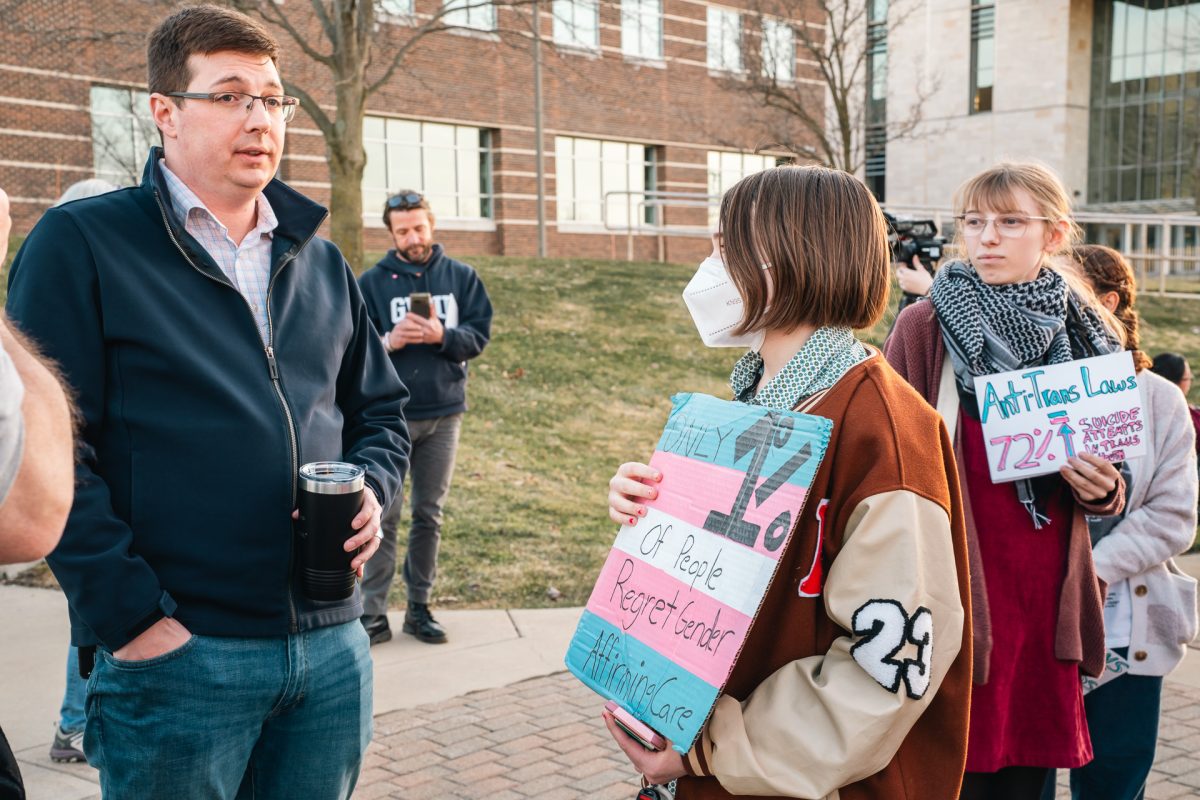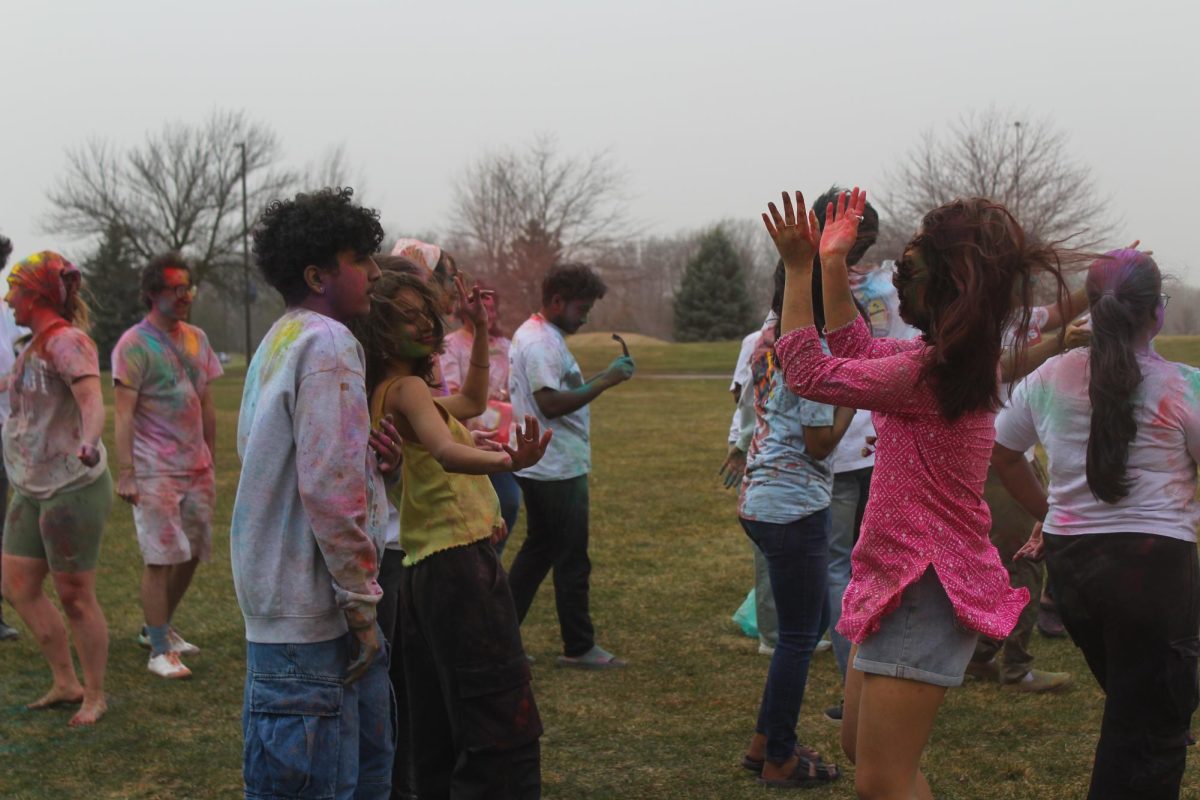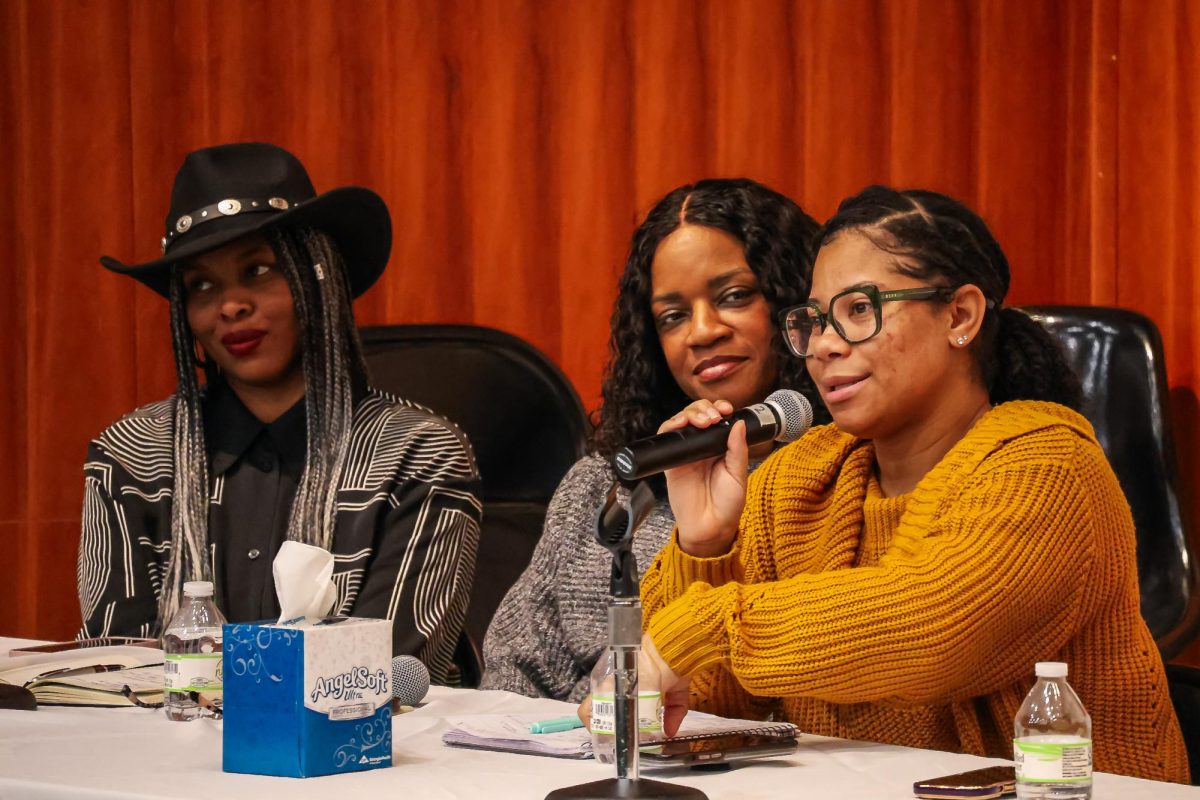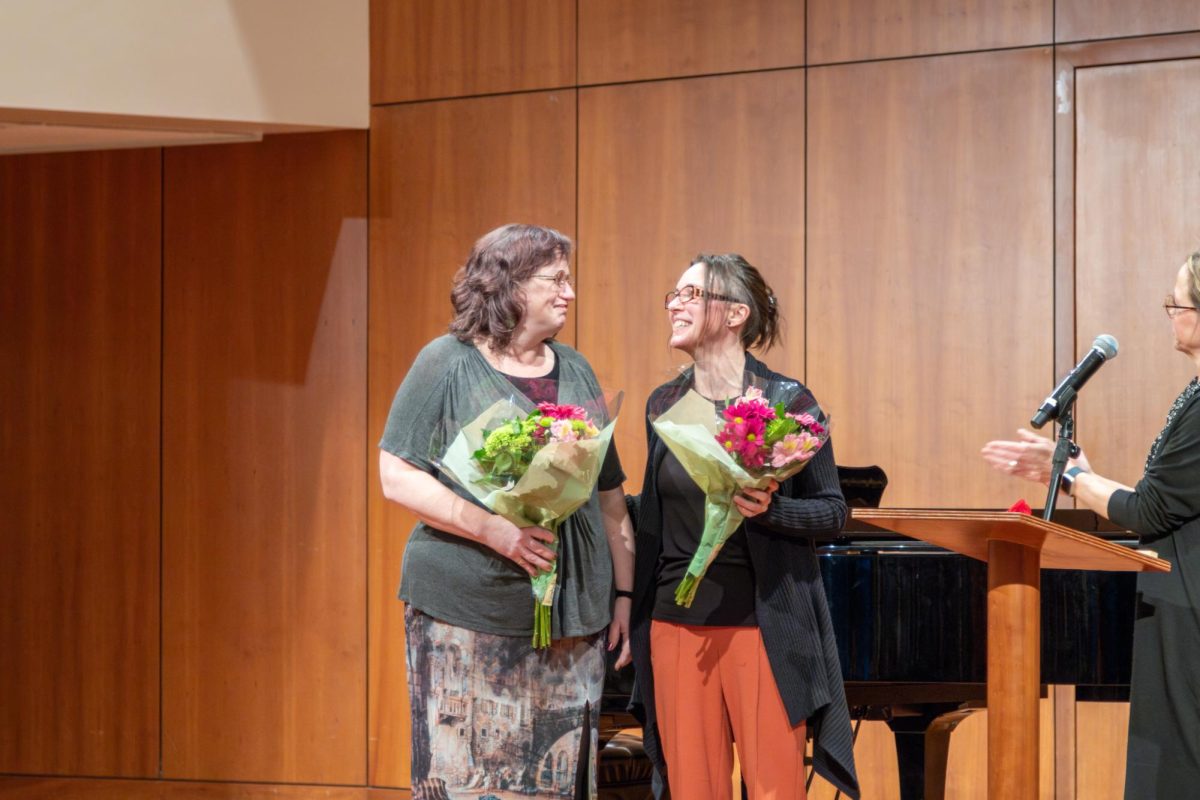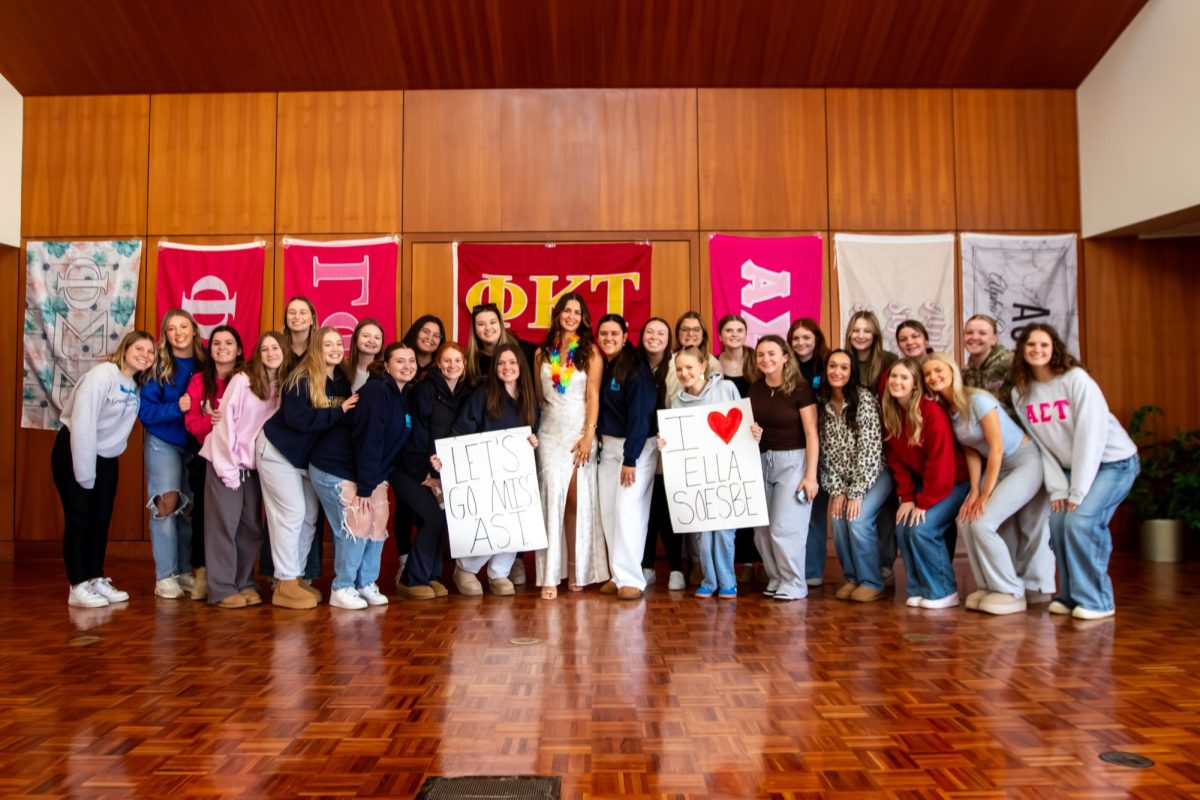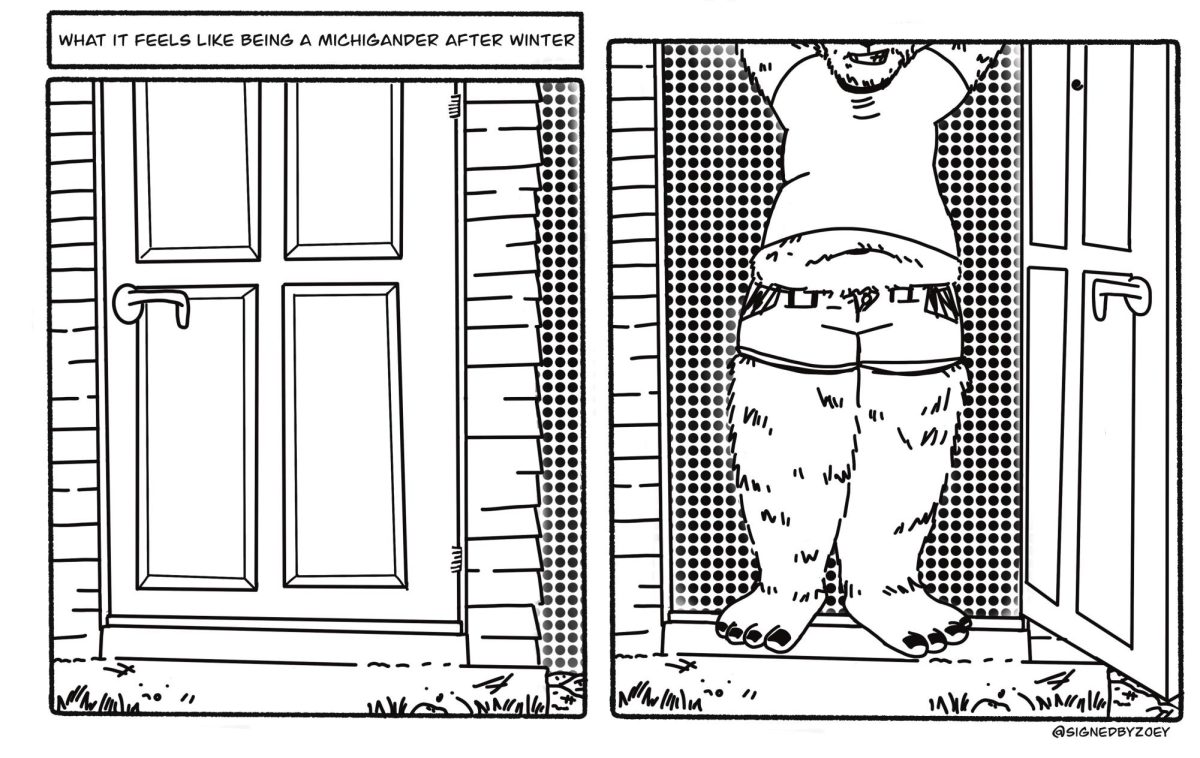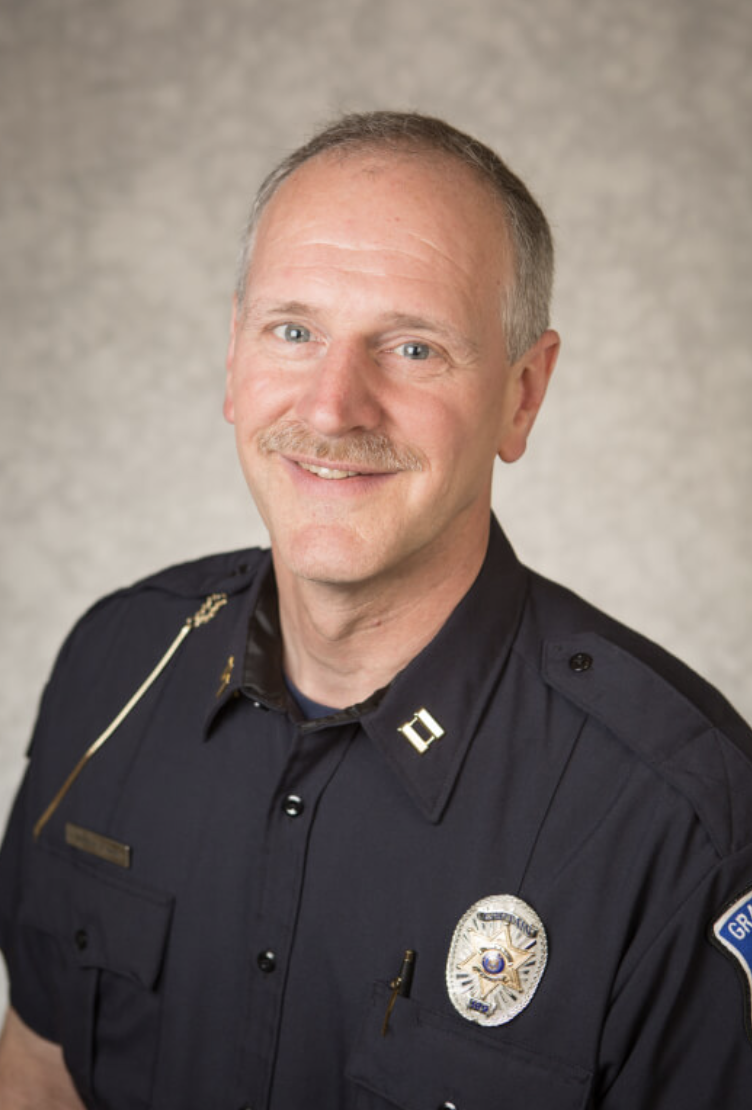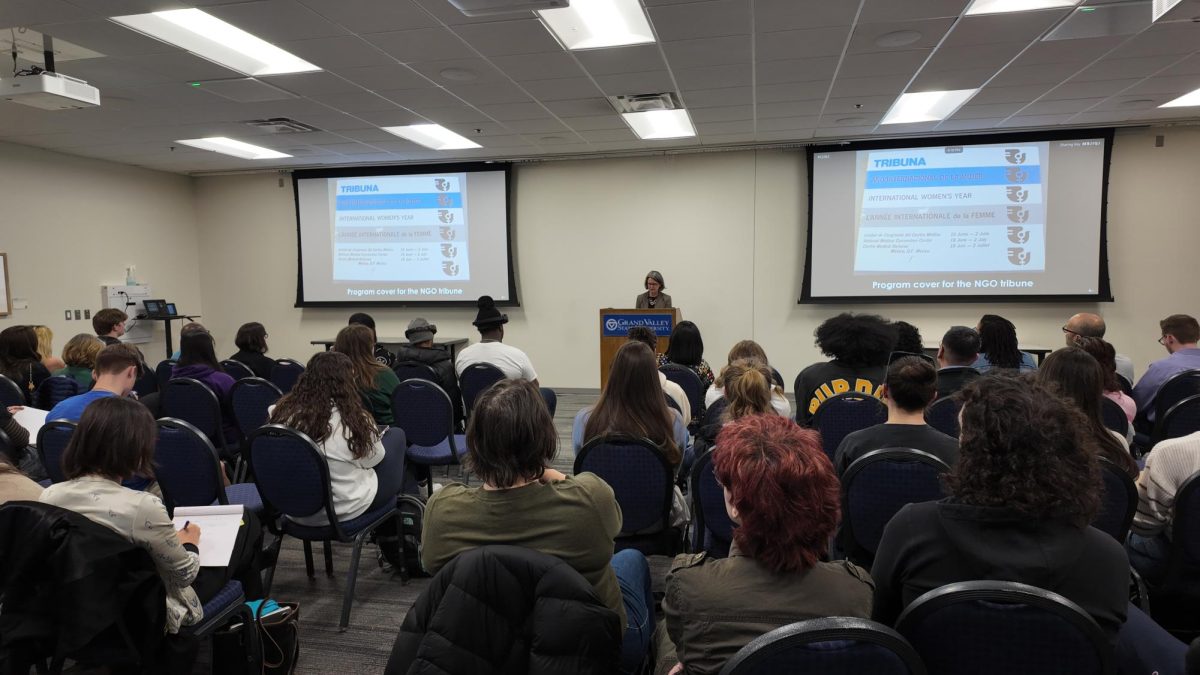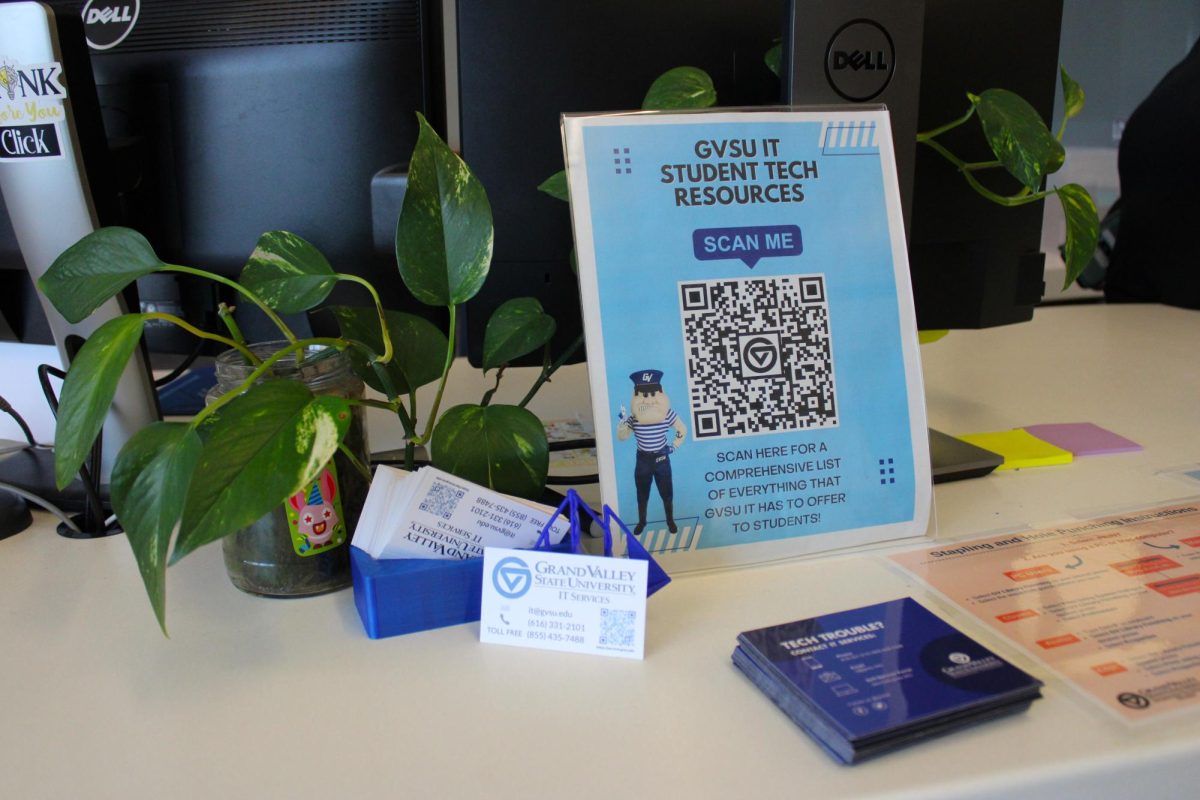Editorial: Hate Kills: Preventing violence against LGBTQ community
Nov 28, 2022
Following a November mass shooting that killed five people and left 17 others wounded at Club Q, an LGBTQ nightclub in Colorado Springs, violence against the LGBTQ community has once again been a topic of visible and rising concern across the nation.
This isn’t something new, as many spaces for LGBTQ people have been targets for violence in recent years. In 2016, a man shot and killed 49 people and wounded 58 more at Pulse Nightclub in Orlando, FL, becoming one of the deadliest mass shootings in U.S. history.
The latest devastating instance at Club Q follows a trail of unequal policy, vicious rhetoric and other aggressive actions against the community at many different levels.
According to data compiled by the American Civil Liberties Union, there have been at least 200 anti-LGBTQ legislation proposals from January to Nov. 4 of this year. These bills range from restrictions on LGBTQ-inclusive healthcare to exclusion of LGBTQ topics in education.
Such legislation is supplemented by hateful rhetoric that all but inspires the perpetrators of this kind of violence to deem it both necessary and acceptable.
In one case, Congresswoman Lauren Boebert, representing Colorado’s 3rd Congressional that includes areas just south of Colorado Springs, offered her “thoughts and prayers” for the victims of the Club Q violence.
Rightly, advocates were quick to highlight the hypocrisy of Boebert’s statement given her repeated attacks against the LGBTQ community while serving in the House of Representatives.
Such past rhetoric has included Boebert referring to the pending Equality Act that would have codified numerous protections for the LGBTQ community into federal law as “supremacy of gays, lesbians and transvestites.”
This kind of rhetoric meant to score political points at the expense of a vulnerable and hurting community inspires attackers and represents an abhorrent narrative that runs entirely contrary to America’s purported values of diversity and inclusion.
Unsurprisingly, such speech has corresponded with a rise in instances of hate-driven violence against the community.
UCLA’s School of Law researched LGBTQ violence and found that people 16 and older who identify as LGBTQ are four times more likely to be targeted in violent crimes than those who don’t. These statistics are higher in queer women, who are five times more likely for violent victimization. Similarly, queer men are two times more likely to experience it compared to heterosexual, cisgender men.
Despite the vast nature of this horrific issue, even we, as college students, can take action to prevent these tragedies through increased attention to our everyday dialogue and interactions with others.
We must recognize that our words have incredible power – both for good and bad. Normalizing homophobic and transphobic rhetoric leads killers plotting attacks in LGBTQ spaces to believe that their actions are necessary and justifiable. We must be prepared to address such rhetoric within ourselves and with those around us to fully grasp the dangerous consequences it could have.
The need to protect, defend and advocate for the LGBTQ community is more important than ever and it’s a responsibility that needs to be prioritized within our discussions and actions in everyday life.





